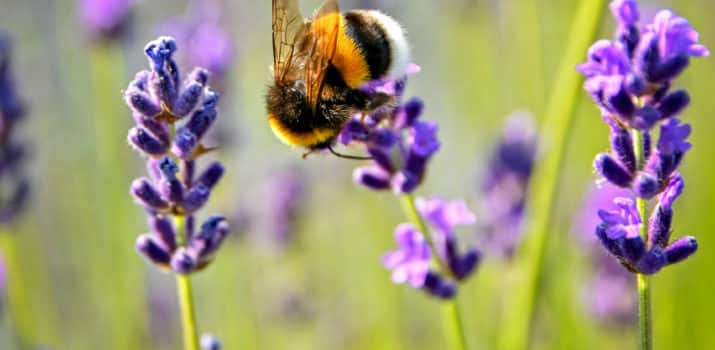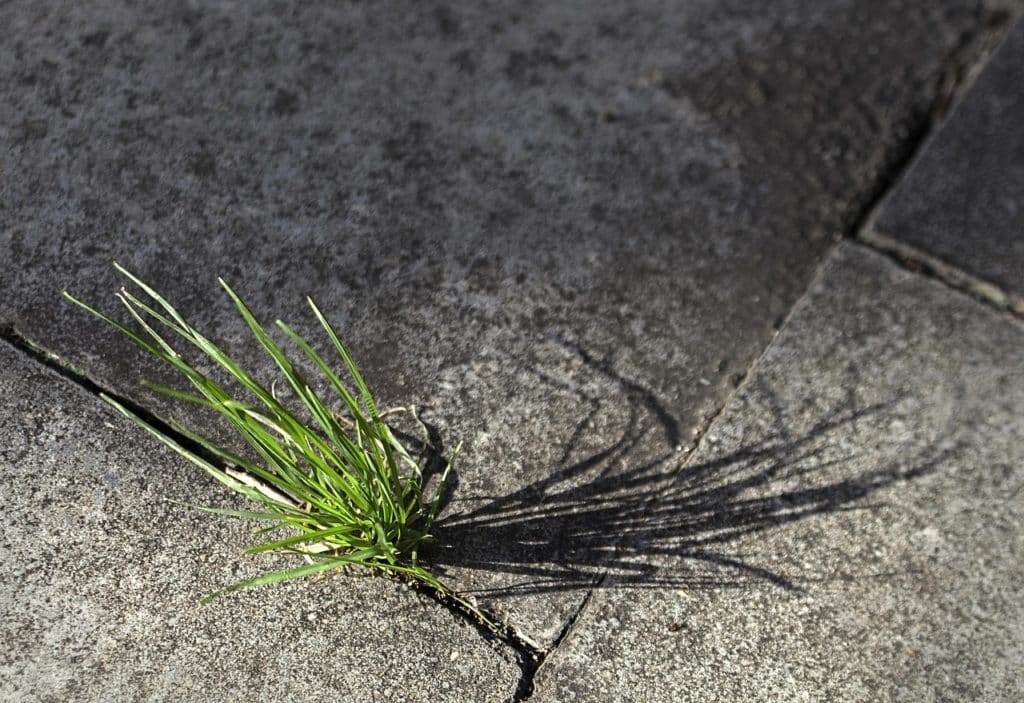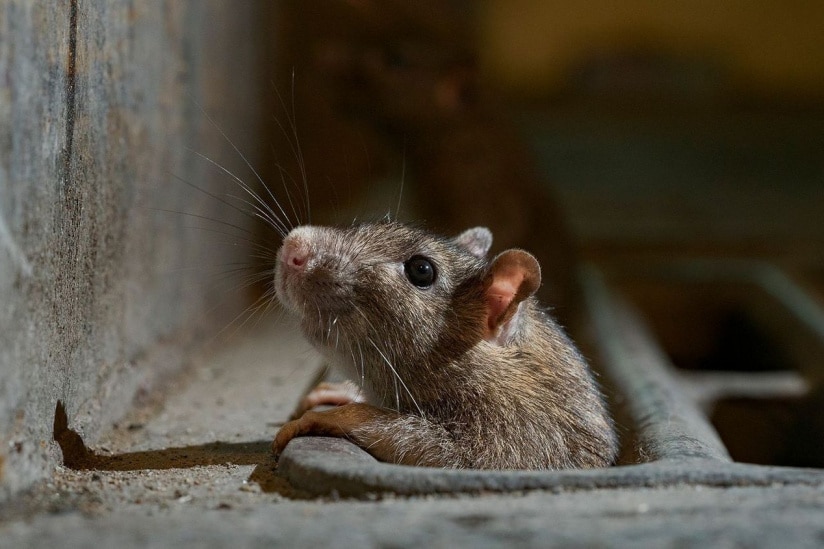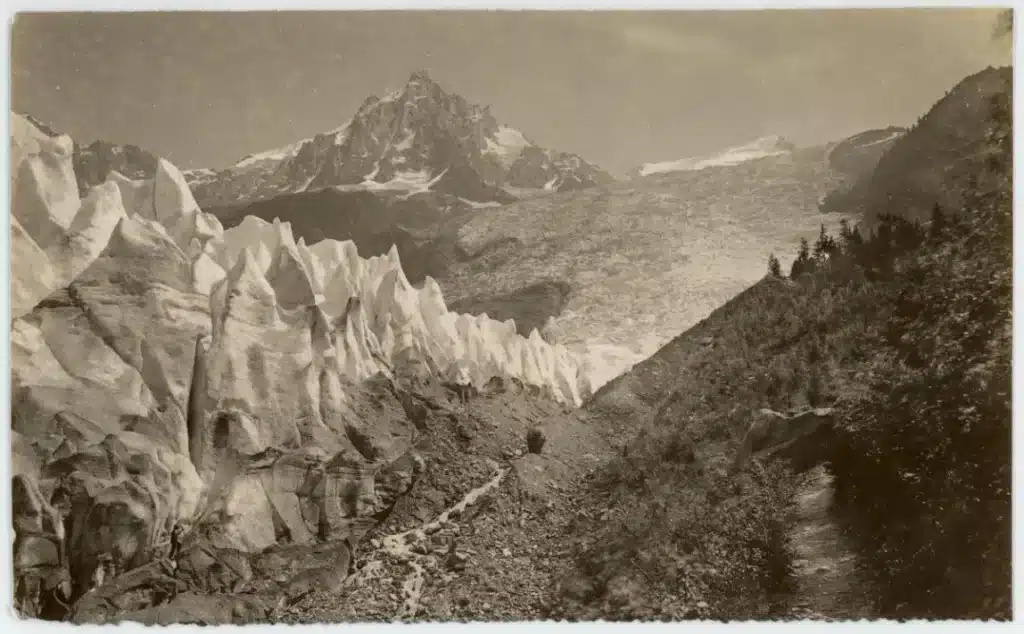Ecotopiales 2025: guest portraits 2/2


On the occasion of the Ecotopiales 2025 festival, the BCU Lausanne wanted to hear from some of the festival’s guests. Here’s what they had to say, and what they have to say about our relationship with life.
Nathalie Blanc – Geographer
My relationship with living things is that of a gardener attentive to the slightest sign of well-being from her plants on her Parisian balcony. Living things allow you to verify your ability to bring life to life, to make a positive contribution to the world. A healthy plant is proof of a green thumb. Living things are also an infinite source of beauty and ecstasy. Just look at the many documentaries on the extraordinary plasticity and inventiveness of living things throughout evolution. I think we’ll weep when the last whales have disappeared, or even so many species of insects, because their forms – what their aesthetics give us to see, to understand – will be lost forever.
Gérald Hess – Philosopher and researcher in environmental ethics
For me, what nurtures my link with the living is the attention I pay to the experience I have of it, through various activities such as hiking in the mountains or riding my horse. This allows me to come face to face with otherness, to become aware of a reality that was already there before I existed and will still be there after my death. What also amazes me is the resilience of living things, provided humans allow them to flourish, instead of trying to dominate them at all costs. Numerous studies have shown that an ecosystem disturbed by human activity, for example, can very quickly regenerate as soon as it is protected from such activity. It’s this resilience that allows me to imagine, despite the anxious times we live in, the possibility of a habitable and desirable future on Earth.

Marine Yzquierdo – Lawyer and Director of the Commission on the Rights of Nature at the Paris Bar
Acting daily to defend the environment and recognize the rights of nature. As a lawyer, I set up a Rights of Nature commission at the Paris Bar to raise awareness and train lawyers in this new law. Together with academics, I have also set up a think tank, the Cercle des juristes sur les droits de la Nature, to collectively reflect on the operationalization of the rights of nature within the French legal framework.
Céline Cerny – Writer
The simplest things connect me to living things, especially caring for plants. I’m lucky enough to share a small garden with my lover, at the foot of our apartment building, and I’m amazed by the power of the plant kingdom. Imagining a better future isn’t a notion that really speaks to me. But I love the idea of rediscovering and cherishing ancient knowledge, linked to the different kingdoms (mineral, vegetable, animal) and putting it to work for my children, my loved ones, with the idea of the common good. I believe in shared knowledge.
Antoine Jaquier – Writer
At this point, the Living obliges me. It’s the only thing that counts. Being kind to my fellow human beings, for a start. Then there are the animals I’ve been lucky enough to empathize with, and therefore suffer with, since childhood. Surrounding myself with them and avoiding as much as possible any involvement in their exploitation is a starting point. Taking care of them is even better. Plants are the other part of the living world for which I strive to show the utmost respect. Empathy towards them is not innate in me, so I impose a discipline on myself. I take an interest in it and learn about its subtleties. I practice it and immerse myself in it. In doing so, I quickly become amazed and feelings develop within me.
I sometimes envisage a better future in the commitment of activists. In the action of those who take risks despite the impossible resolution of an equation that includes capitalism and love. I see it like Jacques Brel’s L’inaccessible étoile, or the Grail whose quest honors the Knights of the Pure Heart.
Nathalie Dietschy – Professor of contemporary art history
In general, to pay attention to what’s around me and to keep a curious and wondering eye. Photographer
Olivier De Sépibus , who has been photographing Alpine glaciers for some twenty years, explains that he “scans” glaciers in a reciprocal relationship. I’m inspired by this eye, both humble and concentrated, which goes out to meet our environment.
Arthur Billerey (writer and poet)
The forests of Franche-Comté nurture my connection to life. They’re deep and life pulsates everywhere, to paraphrase Alexandre Voisard, right down to the smallest interstice of bark.
Nathalie Blanc – Geographer

I had the opportunity to go down into the sewers, with the sewage workers, when I was doing my rat survey, and a few rats came to meet us even though we only had a headlamp. I then saw, in the beam of light, a rat stand up on its hind legs and look at me. “Dr. Livingstone, I presume?” I thought, strangely enough, as the situations evoked by this phrase had nothing to do with the moment I was experiencing. However, I was in a foreign land and on my way to meet a local.
Gérald Hess – Philosopher and researcher in environmental ethics
There are many experiences that connect me to the living. They are often banal: the experience of rain on the face during a walk in the forest, the cold wind that assaults the whole body during a ski descent, etc. What stands out is that experiences of connection to the living are experiences during which we become aware of our own corporeality. What emerges is that experiences of connection to the living are experiences in which we become aware of our own corporeality: we are essentially a body, and we always tend to forget this, so much so that our existence takes place most of the time on a “mental” level, the one instituted by language, thought, technology, culture, the virtual world created by computers, and so on.
Marine Yzquierdo – Lawyer and Director of the Commission on the Rights of Nature at the Paris Bar

When I took part in the first edition of the Agir pour les glaciers festival, at the invitation of glaciologist Jean-Baptiste Bosson. We were at the foot of the glaciers, and it was when I came face to face with them that I really realized how important it was to fight to save these giants of ice.
Céline Cerny- Writer
Every time I go into the forest, I feel connected to everything around me. It’s a feeling I’ve known since childhood, a form of belonging. It’s a feeling of security mixed with anxiety, because being connected to the living and having the intuition of belonging to a universe saturated with life, where everything is interconnected, is not always a guarantee of being safe and sound.
Antoine Jaquier- Writer
What we irrefutably share with the rest of the Living World is death.
The loss of a loved one and the awareness of my own finitude bring me poignantly back to my belonging to the Living and the cycle of birth and death that goes with it. Plants and animals, we’re all just passing through.
Nathalie Dietschy – Professor of contemporary art history
These are very simple moments, in the garden for example, with my hands in the earth. But it can also be a text whose words transport me, a work of art or music that sets me off center.
Arthur Billerey (writer and poet)
I believe that the experiences that most connect us to the living occur in the sad cases of illness or death. Our fast-paced society makes us forget our vulnerability. When we lose a love, a loved one, a family member, anyone who matters, we feel brought back to life for a few days and put things back in order, rekindling our ephemerality, wishing never again to forget that we are merely passing through.
Nathalie Blanc – Geographer
Never home alone, a book by Rob Dunn, or the hard-hitting Syrian film Eau argentée by Wiam Simav Bedirxan and Ossama Mohammed, in which wounded animals are seen wandering around in wartime. Hu Guan’s Chinese film Black Dog, set on the edge of the Gobi Desert, also depicts a beautiful relationship with animals, as does Éo by Polish director Jerzy Skolimowski.
Gérald Hess – Philosopher and researcher in environmental ethics
The film ” Demain ” by Cyril Dion and Mélanie Laurent, released in 2015. It’s one of the few so-called “ecologist” films that advocates a desirable, non-punitive, ambitious ecology that’s both responsible and engaging, opening up a future we can shape together.
Marine Yzquierdo – Lawyer and Director of the Commission on the Rights of Nature at the Paris Bar
Vers une internationale des rivières“, a project led by the Institut d’Etudes Avancées de Nantes and coordinated by Camille de Toledo, author of“Le fleuve qui voulait écrire”. The next event will take place on November 29, 2025 in Nantes.
Céline Cerny- Writer
I was fascinated by Nastassja Martin’s book, East of dreams. Even responses to systemic crises (Les Empêcheurs de penser en rond, 2022).
The anthropologist takes us to Kamchatka to meet an Even collective who, after having been settled on collective farms under the Soviet regime, chose to return to the forest. The Even people are nomadic reindeer herders.
Living in the forest not only means regaining independence through hunting and fishing, it also means reconnecting with animals and the living world, particularly through dreams.
To immerse yourself in this reading, you have to be willing to follow in Nastassja Martin’s footsteps, to let go of your vision of the environment, of your relationship with other kingdoms once again, to open yourself up to a form of otherness. Letting go and discovering another way of being in the world. Such an experience also involves the discovery of new narratives.
Antoine Jaquier- Writer
The essay Sapiens, A Brief History of Humanity, by Yuval Noah Harari, to remind us of who we are and where we come from.
The comic strip Le Monde sans fin, by Jean-Marc Jancovici, to take stock of our relationship with the planet.
The essay What Animals Whisper, by Virginia Markus, to integrate that it’s impossible to say we love animals and then eat them.
Nathalie Dietschy – Professor of contemporary art history
I’d recommend Jón Kalman Stefánsson’s novels, in particular Ton absence n’est que ténèbres (Your absence is only darkness), in the links that are forged between the land of Iceland and the characters. I appreciate the author’s language, the rhythm he deploys, and the poetry that permeates every page: ”
He who has never gone out in August under the brightness of the night star when the mountains no longer have anything terrestrial about them, when the sea has turned into a silver mirror and the tufts of grass into sleeping dogs – he has never really lived, and he must remedy that “. (Ásta, p. 247)
Arthur Billerey (writer and poet)
I always recommend the collection by the poet Jean-Claude Pirotte: Ajoie.